My first professional leadership role quickly taught me that coaching wasn’t just relevant—it was essential to effective leadership. I transitioned from being a front-line physical therapist to leading a diverse team in a healthcare setting, and the coaching skills I used in the clinic with patients were immediately put to use to help other leaders and clinicians navigate challenging situations and successfully approach their daily work and decision making. Guiding someone to understand what they want to do, uncover what they’re truly capable of, and develop the skills to do both is not only incredibly fulfilling—it’s foundational to growing a team.
So, What Is Coaching? Coaching isn’t giving advice or telling people what they should do. At its core, coaching is about helping people develop themselves—through curiosity, connection, and challenge.
Coaching Like an Achiever
Achievers don’t coach to check a box—they coach to build people. They don’t jump in at every obstacle. Instead, they slow down, ask good questions, and encourage others to come up with and trust their own solutions.
When you coach like an Achiever, you’re not aiming for perfection. You’re focused on being intentional, present, and grounded.
Listening: The Most Underrated Coaching Skill
If I had to pick one thing that makes the biggest difference in coaching, it would be listening.
Not passive, nod-along listening. Not waiting-for your-turn-to-talk listening. But deep, focused, intentional listening. You can’t guide someone forward if you don’t first understand where they are. When you truly listen, you uncover what’s going on beneath the surface—the beliefs, behaviors, and motivations that shape people’s outward expression.
And especially in times of change, when people are navigating uncertainty, being heard is powerful. Listening builds trust. It opens the door for growth. And it helps you coach based on real understanding, not assumptions.
When people feel truly heard, they’re more likely to listen in return—and more willing to take ownership for their growth.
How to Listen Like an Achiever
- Make the decision to be fully present—eliminate distractions.
- Resist the urge to jump in with a solution.
- Ask thoughtful follow-ups based on what they said, not just what you’re thinking.
Know Yourself. Know Them.
Every leader brings their own style to coaching—and that’s a good thing. Authenticity builds trust. But great coaches don’t stop there. They also take time to understand their own tendencies and adjust to meet the needs of the person in front of them.
Ask yourself:
- Do I tend to jump in and fix?
- Do I default to advice instead of questions?
- Do I coach everyone the same way?
Everyone you lead has their own way of receiving feedback, making decisions, and growing. When you tailor your approach—when you meet people where they are—you create the kind of trust and connection that drives real development.
Check Yourself Before You Coach
Even with the best intentions, it’s easy to fall into autopilot, especially when you’re juggling competing demands. That’s why Achievers build in time to pause and reflect before they coach. They don’t just show up—they prepare with intention. One of the most powerful things you can do as a coach is to ask yourself:
- Am I showing up as my best self—or letting my patterns lead the way?
- Am I coaching this person in a way that matches what they actually need?

That means checking in on your own Core Competencies. Are you grounded? Focused? Communicating clearly? Are any Extreme patterns creeping in—like being overly controlling, too passive, or defaulting to perfectionism?
It also means thinking ahead about the person you’re coaching. What patterns or experiences might they bring to the conversation? How do they typically respond to feedback? What conditions will help them be most open to growth?
Coaching like an Achiever means doing your own work before the conversation even starts. It’s about being intentional in your presence—so that you can guide others with clarity, care, and credibility.
Build the Person, Not Just the Plan
At its best, coaching isn’t just about goals or performance metrics. It’s about helping people grow into the most effective version of themselves—especially when the world around them feels uncertain or overwhelming.
When you coach like an Achiever, you’re not winging it. You’re filtering our conversations through a set of intentional behaviors that support growth, trust, and confidence. At the end of this article are some of the core coaching moves Achievers make.
These aren’t just tips—they’re habits to build. They’re how Achievers help others become more effective, more confident, and more capable. And they matter more than ever when the path ahead is unclear.
Start Where You Are
You don’t have to be perfect to make a real impact. You just have to be intentional. Start small. Ask one better question. Give one thoughtful piece of feedback. Make space for one meaningful conversation. Then do it again.
Coaching is a practice—just like leadership itself. And when you approach it with the mindset of an Achiever, it becomes one of the most powerful ways you can build your people, strengthen your culture, and lead through change.
PRACTICAL ACTIONS: Coach Like an Achiever
- Inspire confidence and stretch. Be the voice that says, “You’ve got this—go for it.” Help people push past their comfort zones while reminding them of what they already have in place to succeed.
- Be honest, direct, and kind. Say the hard thing—but say it with care. When people feel valued, they’re more open to hearing the truth. Be purposeful and prepared. Good coaching doesn’t happen off the cuff. Come into the conversation with clarity and focus and always follow up.
- Be calm and present. In a noisy world, your full attention is a gift. Show up steady. Your presence sets the tone and allows others to think more deeply.
- Promote connection. Help people see that they’re not alone. Whether it’s encouraging peer conversations or building team cohesion, connection builds resilience.
- Create together. Don’t treat coaching like a monologue. Invite ideas. Explore perspectives. Make it a shared process. That’s how real change happens.
Curious what coaching can do for you and your organization?
A Bell Team Coach helps surface dynamics, clarify priorities, and guide the group toward more cohesive and effective collaboration. Bell coaching is practical, personalized, and grounded in decades of leadership research and experience.

